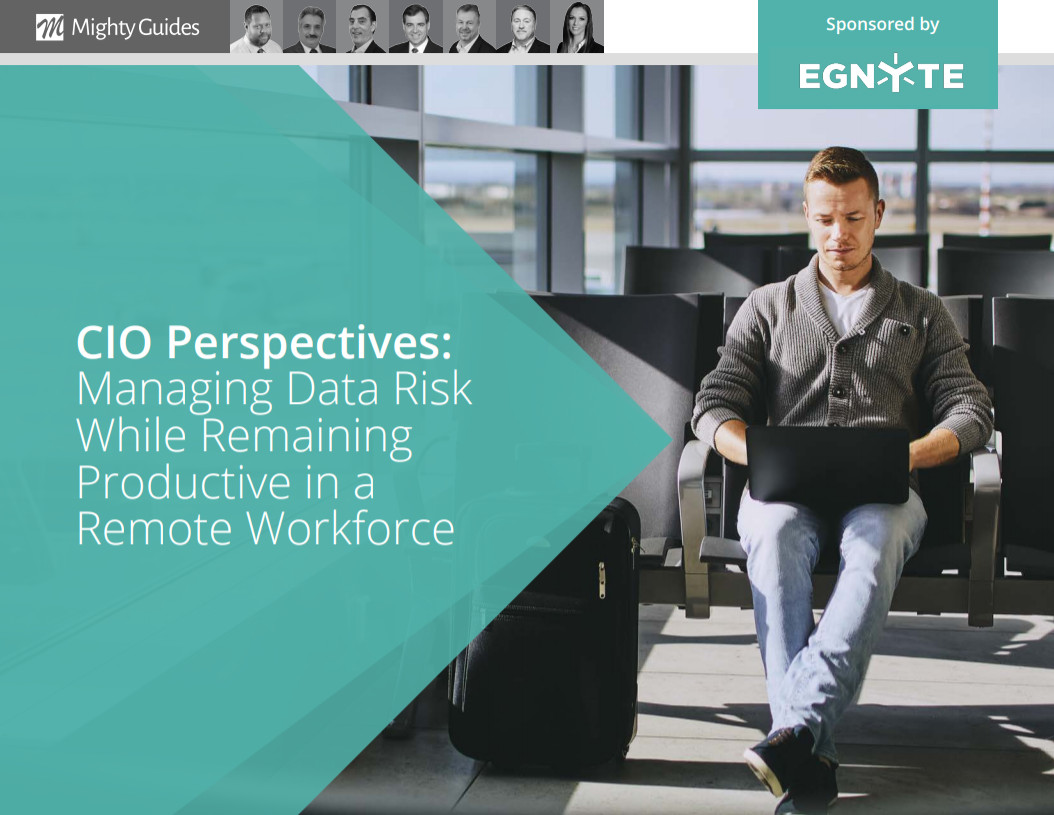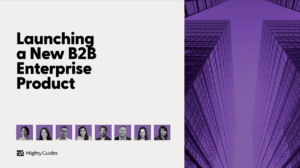
Kevin B. Boyd, CIO, University of Chicago
“As we think about remote work, we have to
decide whether it is more likely that people, now
that they’re working from home, will download
sensitive data to home and personal computers.”
Data governance is always a challenge. It involves understanding who has access to what data, the appropriate uses of that data, where that data should live, and where it should be stored.
We don’t find that data governance in the remote world is all that different from in the physical world. Perhaps that’s because as an educational institution, we exist in a distributed environment, even in a non-pandemic world. We have a campus with many buildings and departments and we have people who are traveling all around the world.
As we think about remote work, we have to decide whether it is more likely that people, now that they’re working from home, will download sensitive data to home computers. Is there a greater likelihood that other people in the household will use those home computers? How do we make sure that data is protected? These are some of the same questions we’ve always asked, but the magnitude
of risk has increased.
We have to consider the need for greater focus on securing endpoints, reminding users about good data hygiene, and increasing encryption of endpoint devices. One positive of the pandemic is that fewer laptops are being lost or stolen during travel.



